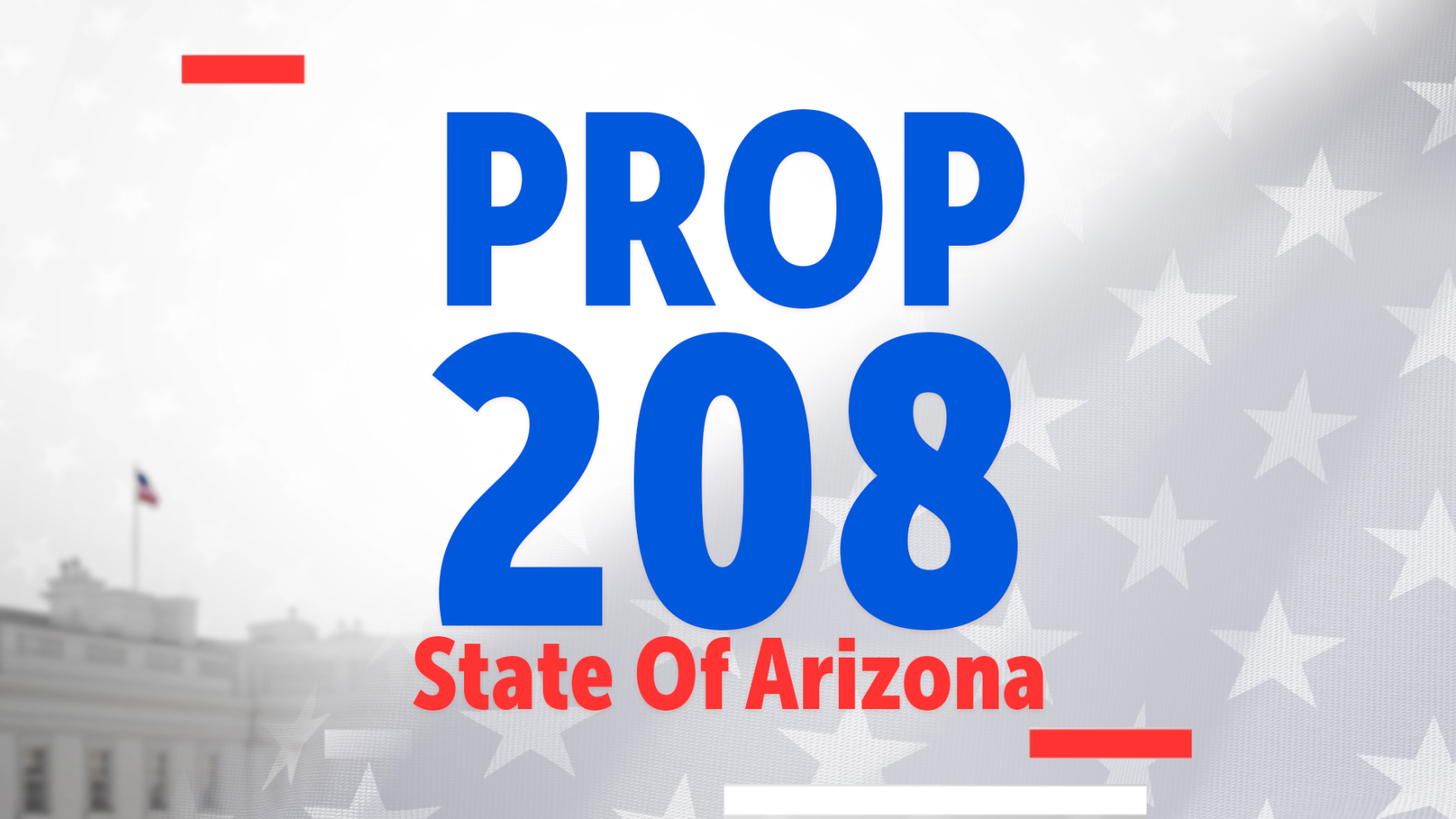
(Disclosure: Rose Law Group represents Ann Siner of My Sister’s Closet and Judge John Buttrick in their litigation efforts against 208.)
By Mary Jo Pitzl | Arizona Republic
Proposition 208, the voter-approved tax increase for education, is officially dead.
A ruling Friday from Maricopa County Superior Court Judge John Hannah closed the nearly two-year controversy swirling around the measure, which targeted higher income earners with a 3.5% income tax rate increase directed primarily to salary increases for teachers and school support personnel.
RELATED: Trojan Horse Alert: HB2101
“(T)he Court is obligated to strike down Proposition 208,” Hannah wrote in a nine-page ruling, citing the guidelines given him by the Arizona Supreme Court. However, he left open an avenue for Invest in Arizona, the organization that brought the measure to the ballot, to appeal his finding to the state Supreme Court.
The high court last August found the proposition was mostly unconstitutional, but left it to the lower court to determine if the money it would raise would exceed the constitutional spending limit for education. Hannah determined that it would.
“This is great news for our state and we are pleased to have been able to help to protect our clients.”
Jordan Rose, Rose Law Group founder and president
Voters in November 2020 approved Proposition 208, with 51.7% of the vote. It imposed a 3.5% surcharge on taxable incomes over $250,000 for single filers and $500,000 for joint filers.
The tax was set to be collected when people and businesses filed their 2021 taxes, due next month. Projections were the tax could raise between $827 million to $1 billion per year, but its proponents estimated a $289 million collection in its first year.
The measure was controversial from the start because it raised the top tax rate to 8%, from 4.5%. Its enactment set off a flurry of legal and political actions, leading to last summer’s Supreme Court ruling.
Republican legislative leaders filed suit soon after the 2020 election, arguing the measure was unconstitutional because it classified the dollars it would raise as “grants” exempt from the spending limit. They argued that was an unconstitutional dodge around the spending cap.





